
Investing in our environmental and cultural heritage
Some environmental issues are critical in Mauritius and every local actor has a role to play to contribute to a cleaner footprint. A large proportion of waste is exported since the country lacks local recycling infrastructures. Local biodiversity is endangered, and both the air and the oceans suffer from pollution. Institutions like MCB have a double impact and contribution to the environment: direct impact through its operations and indirect impacts through its financing activities.
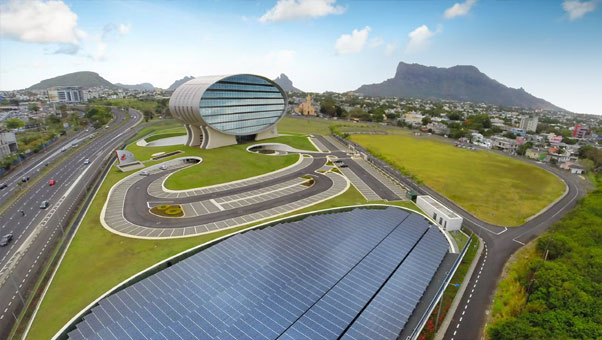
Direct Environmental Impacts Of MCB LTD
Carbon footprint of MCB LTD
MCB’s Carbon footprint analysis in 2018 follows the GHG Protocol5. This approach identifies direct and indirect emissions sources related to MCB Ltd’s activity:
- Direct GHG emissions: from sources that are owned or controlled by the Bank.
- Indirect GHG emissions: are a consequence of the activities of the Bank, but occur at sources owned or controlled by another entity.
The GHG Protocol categorises GHG emissions caused by an organisation into three broad scopes. In accordance with this categorisation and considering the consolidation approach selected by MCB Ltd (control approach), our carbon footprint analysis is broken down into scope 1 & 2 emissions. Additional scope 3 emissions related to employee commuting and business travel are also included. This year, the Bank has extended its carbon footprint analysis to account for an estimation of the carbon emissions associated to its loan products i.e. scope 3 – Use of products category.
Indirect environmental impacts of MCB Ltd
This year, MCB has sought to assess its environmental impact beyond its operations by estimating the impact of its lending activities. Sustainability consulting firm Utopies undertook the study below, using its LOCAL FOOTPRINT® NATURE model. The model measures the environmental impacts of the monetary flows of the Bank’s loans throughout the supply chain in Mauritius and a large number of countries worldwide, establishing monetary equivalence on three given environmental impacts, namely carbon, raw materials and water. The study covers loans disbursed by the Bank in calendar year 2018.
Climate Assessment & Strategy
First insights for a 1.5°C climate strategy
As an island state, Mauritius is particularly exposed and vulnerable to the adverse effects of climate change. Rising sea levels and coastal erosion, ocean acidification and the subsequent irreversible damages to marine ecosystems, and the intensification of extreme weather events and cyclones, all pose a significant threat to the country’s economy and to the livelihood of many Mauritians.
MCB’s MCB Group’s ‘Success Beyond Numbers’ philosophy therefore entails a pledge for contributing to a 1.5°C-compatible pathway through a structured climate strategy to be launched in 2020.
As of 2019, MCB had taken its first steps towards the fight against climate change by monitoring the climate impacts of everyday operations i.e. Scope 1 & 2 emissions and Scope 3 emissions – Business travel and employee commuting, representing 18,413 tCO2eq, about 0.35% of Mauritius’ net GHG emissions10. MCB will intensify its efforts to lower its emissions and will seek to compensate any remaining direct emissions through local projects, contributing to making Mauritius a carbon-neutral territory.
Positive impact products: the green loan
What does it entail?
- Preferential interest rates
- An investment grant (cash-back) of:
- 5% on climate change mitigation projects, such as renewable energy projects, energy efficient equipment and installations
- 15% on climate change adaptation projects, such as water saving installations, rain water harvesting, seawater desalination, thermal insulation building techniques
- Additional grants offered to clients committing to assess gender balance within their organisations and undertake a gender action plan, as well as gender equality-related investments.
- Repayment period: min. four years
- Financing of up to 100% of the investment, subject to the fulfilment of the eligibility criteria
Statistics on Green Loans exposures as at 30 June 2019
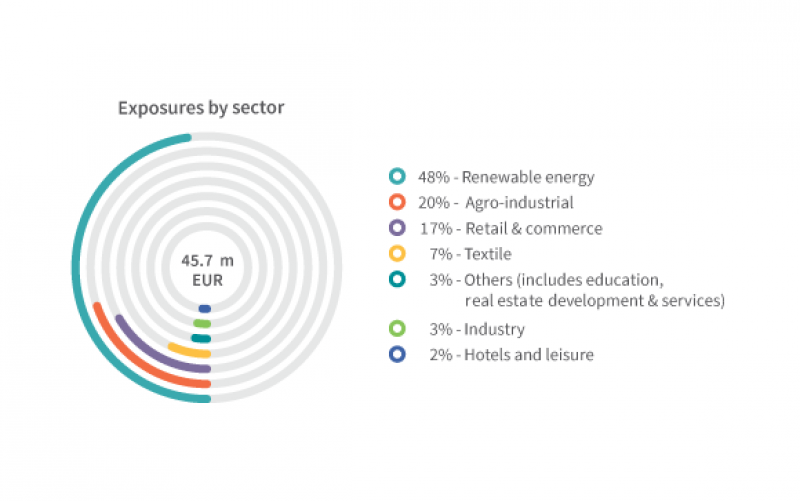
Culture
Social integration in Mauritius remains an improvement point specifically with regards to discrimination. One of the pillars of the Group’s Corporate Sustainability Programme seeks to address this issue by creating cultural and artistic avenues that cater for the wholesome development of both individual and collective identity.
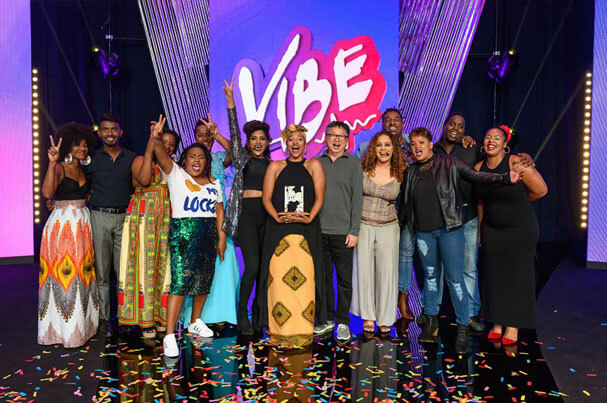
VIBE Moris
MCB created the song contest VIBE Moris® in 2018 and the second edition of the show was broadcast on national television in May and June 2019. The initiative required an investment of Rs 38 m that served the following purposes:
- Encourage the creation and development of stage-related jobs
- Demonstrate that there is scope for the emergence of a cultural industry
- Train aspiring talents in different sectors – camera, lighting, production, editing and so on through exposure to professionals from abroad
- Encourage artists to persevere in developing their talents by providing them with a platform
- Encourage and nurture local talent
- Create an environment that enables local service providers – caterers, transport, makeup, singing coaches etc – to profesionalise their services, in line with our objective to boost the local economy.
Rises nou kiltir
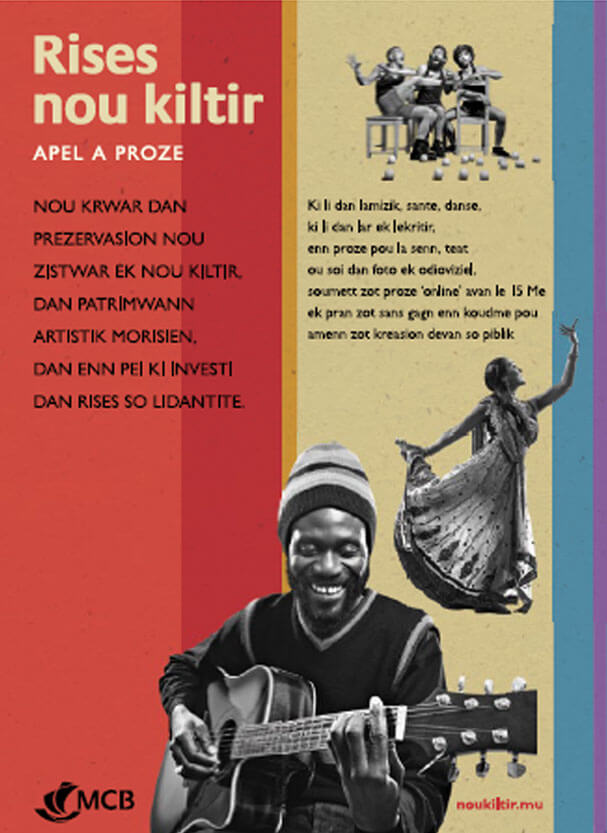
In April 2019, the Group launched a nationwide call for projects addressed to artists, groups of artists, organisations and managers/producers/impresarios and agents with the aim to support and enhance the promotion of the cultural and artistic heritage of Mauritius.
The following sectors were concerned:
- Music, singing, dance
- Art and writing
- Photography
- Painting, sculpting
- Theatre and performing arts
- Film and documentaries
Out of the 177 applications received for the first edition of the call for projects, 6 were
selected and financed to the tune of Rs 7.9 m.
Kreol as a customer language
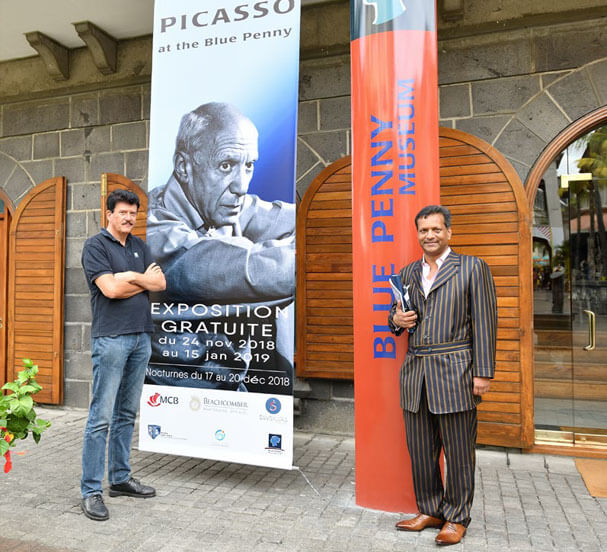
When the Blue Penny brought Picasso to Mauritians
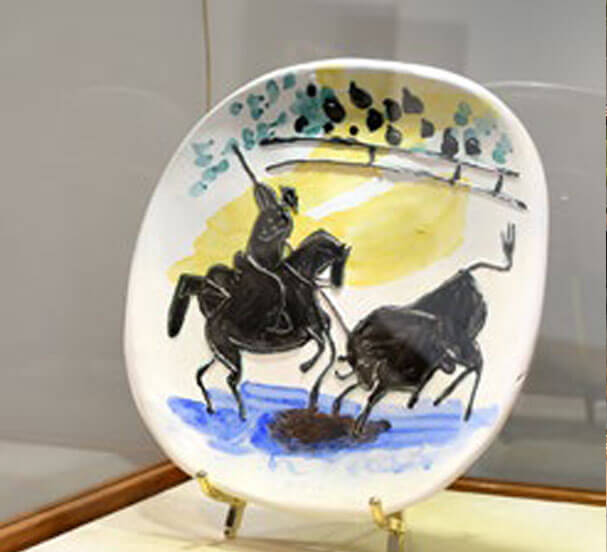

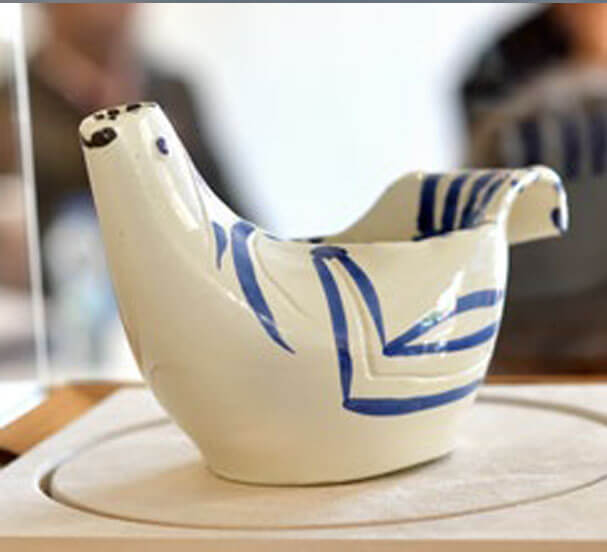
Next steps
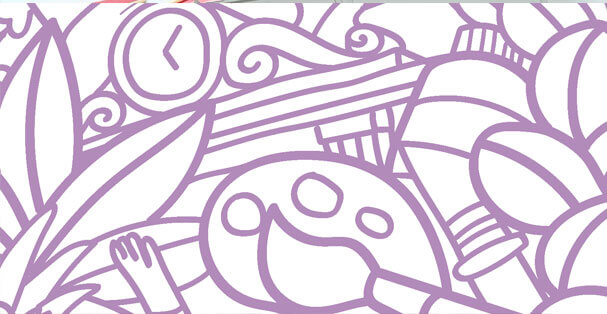
The Group is currently working on its Climate Strategy to support the country’s transition to a low-carbon economy by acting on its direct as well as indirect impacts. Furthermore, we will continue our actions related to biodiversity protection by strengthening the current partnerships we have with the relevant organisations. Waste management is also an issue that the Group wishes to tackle. As such, we are currently negotiating partnerships that will help to sensitise the general population to proper waste management and sorting and provide them with the means to do so.
Having the Mauritian culture at heart, we will continue our actions with regards to the promotion of the local culture and arts. This year we will be launching VIBE Moris® Season 3 and a second call for projects will also be initiated.
© 2019 MCB GROUP #Success Beyond Numbers

